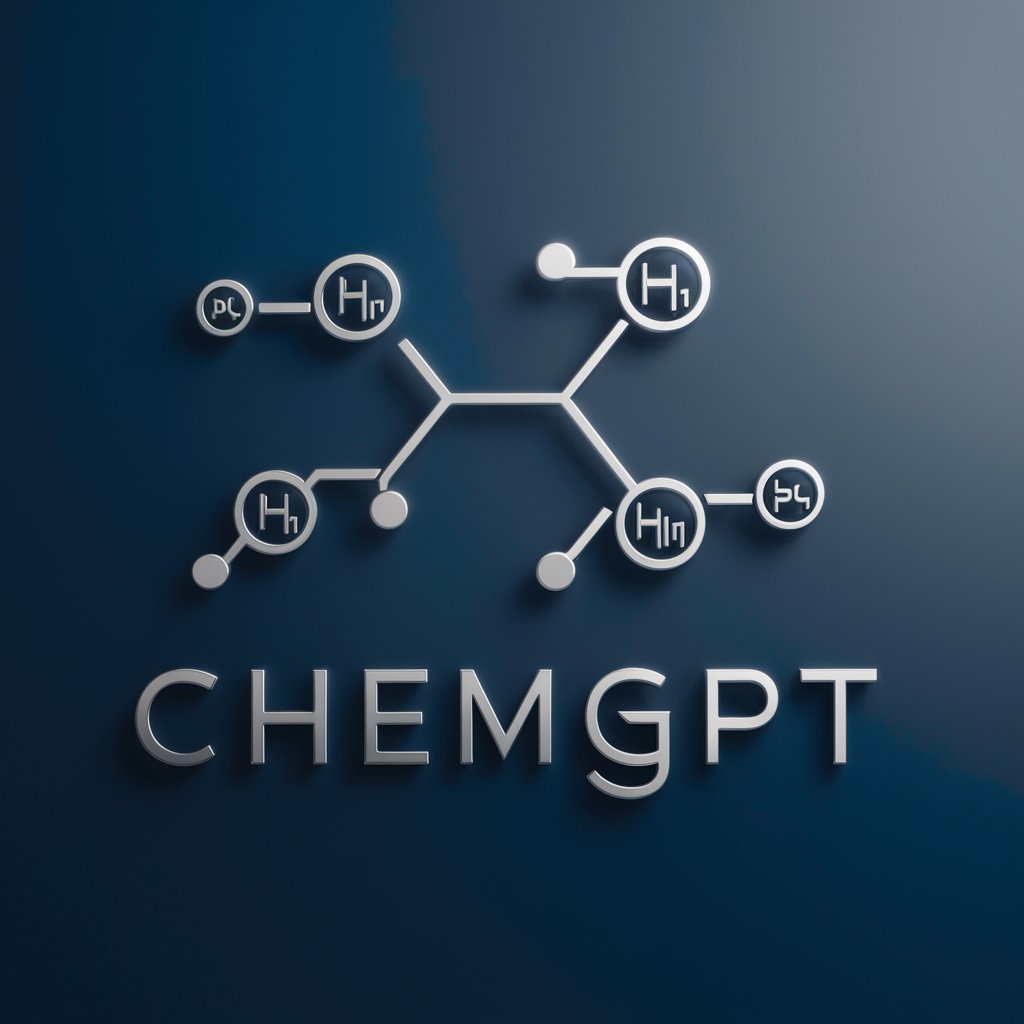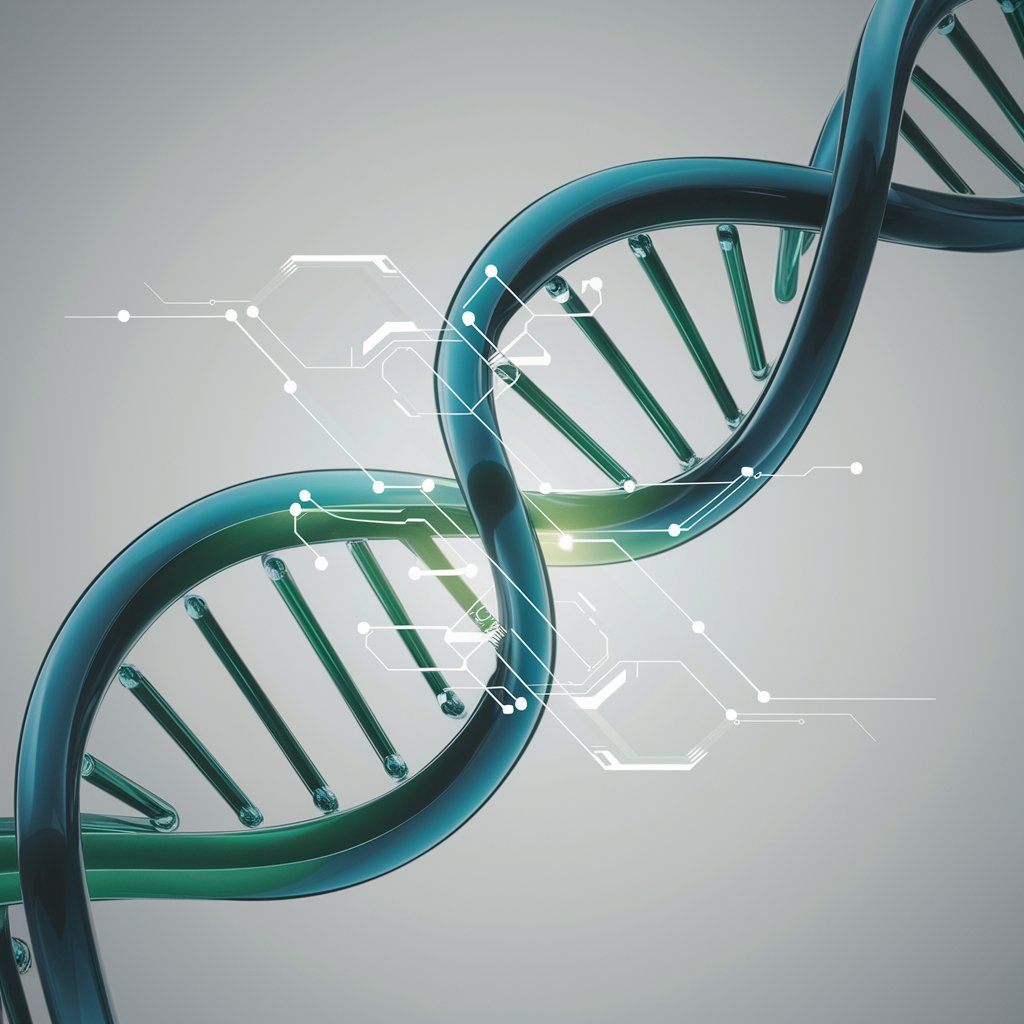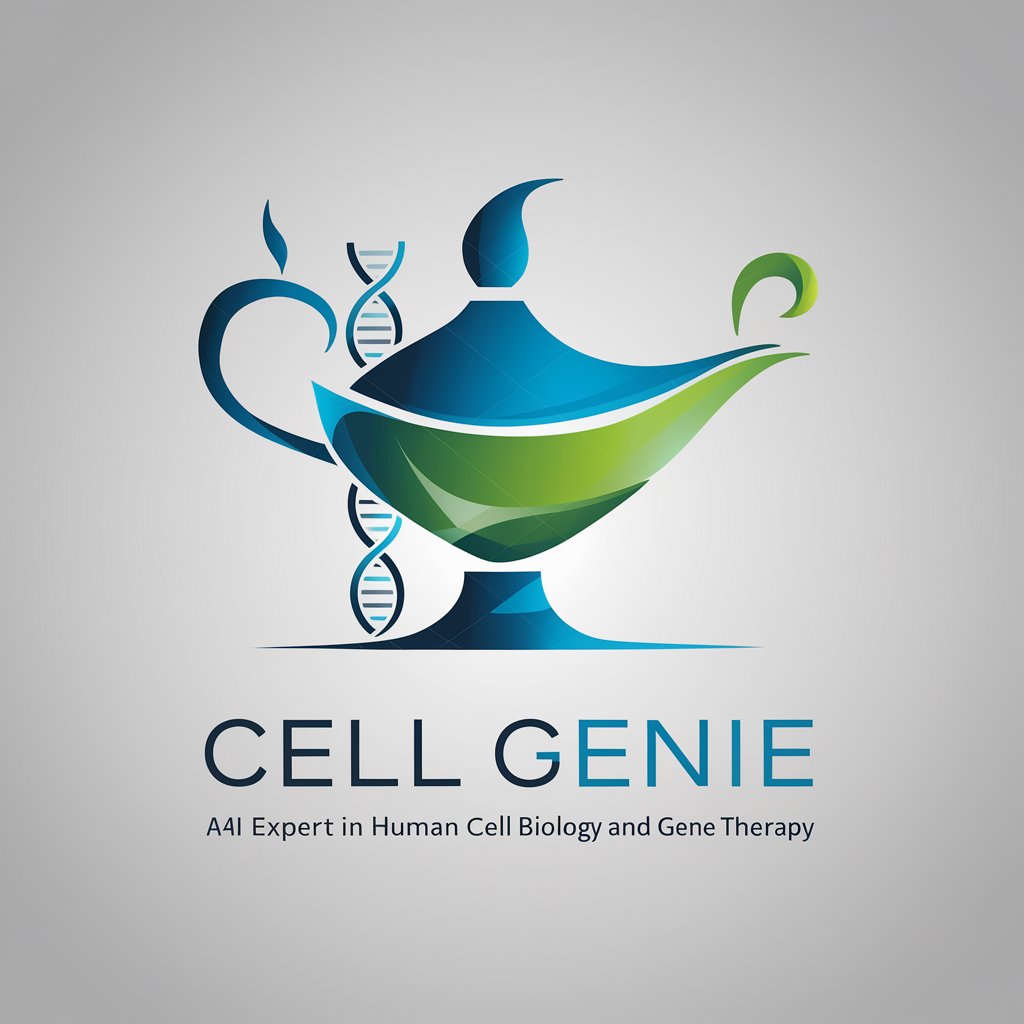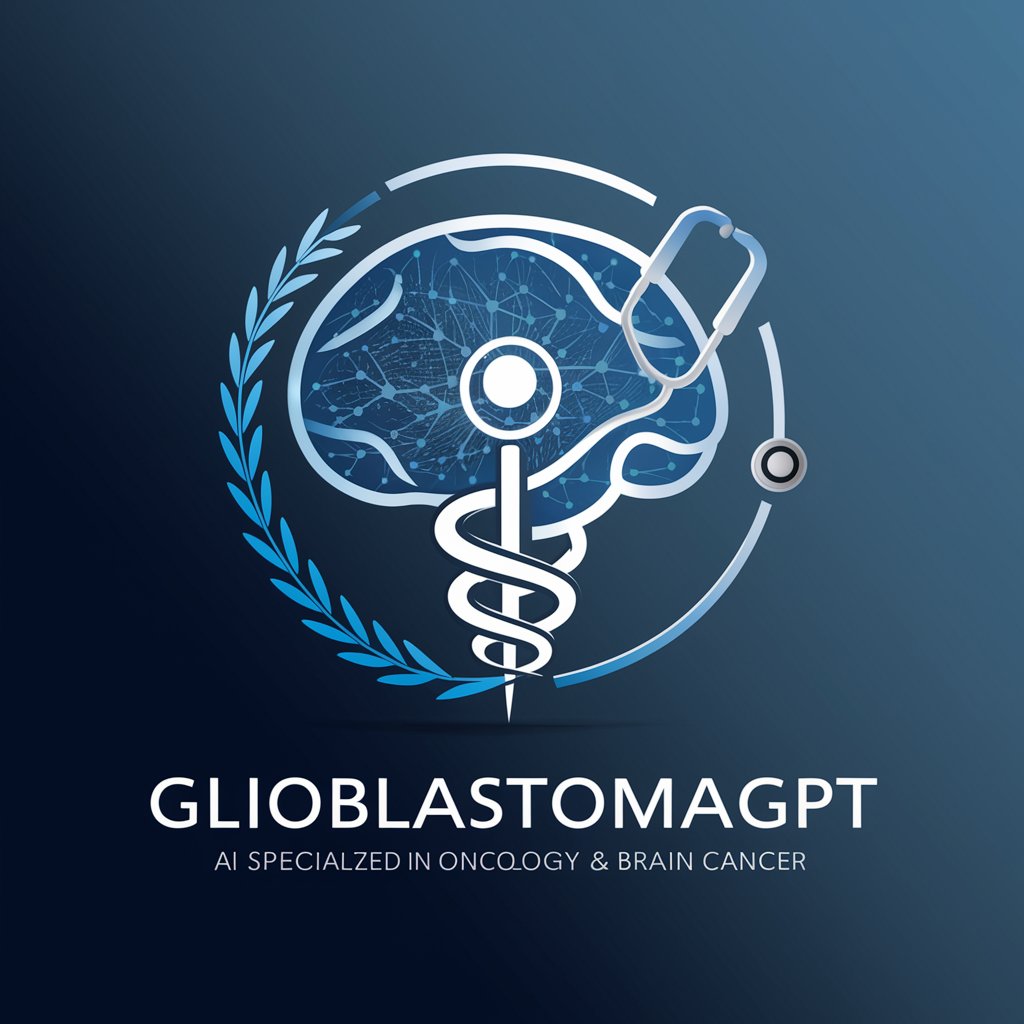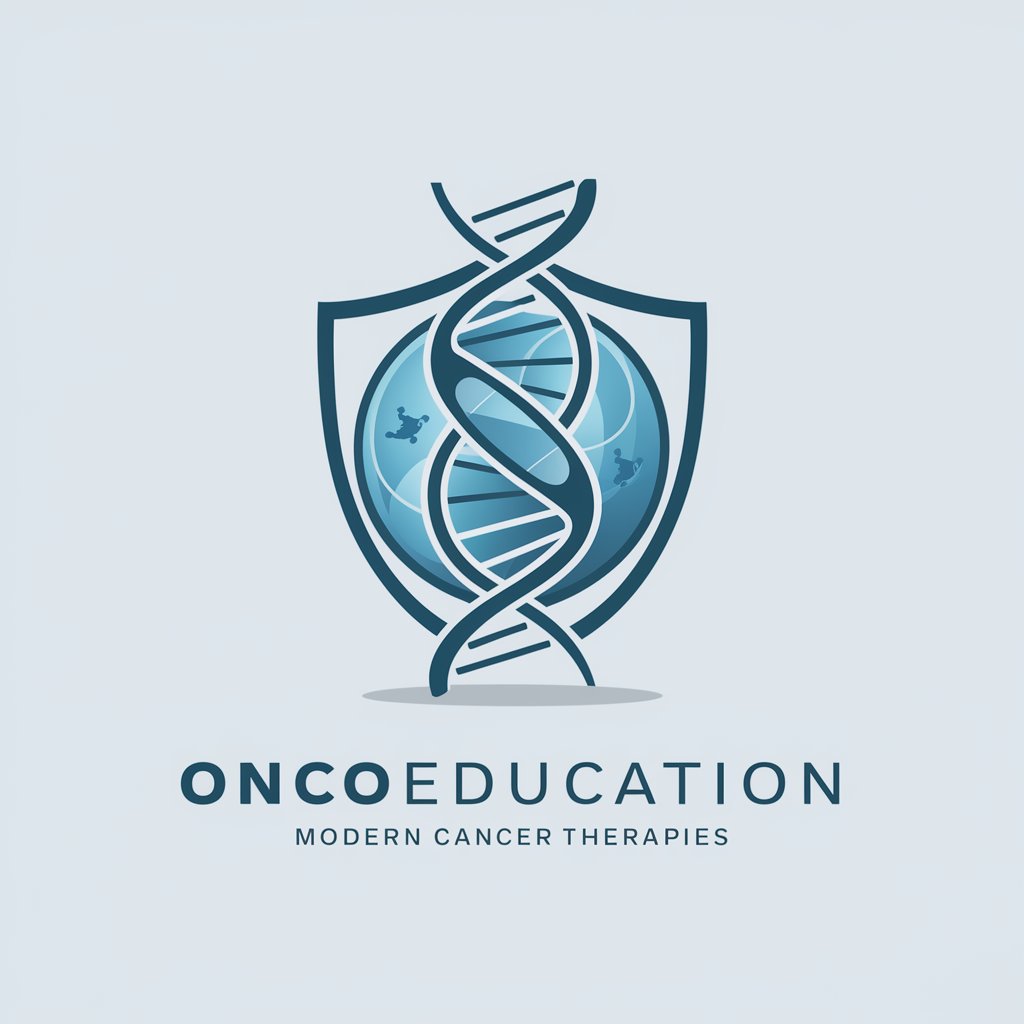
p53 - OncoGPT - Personalized Oncology Insights
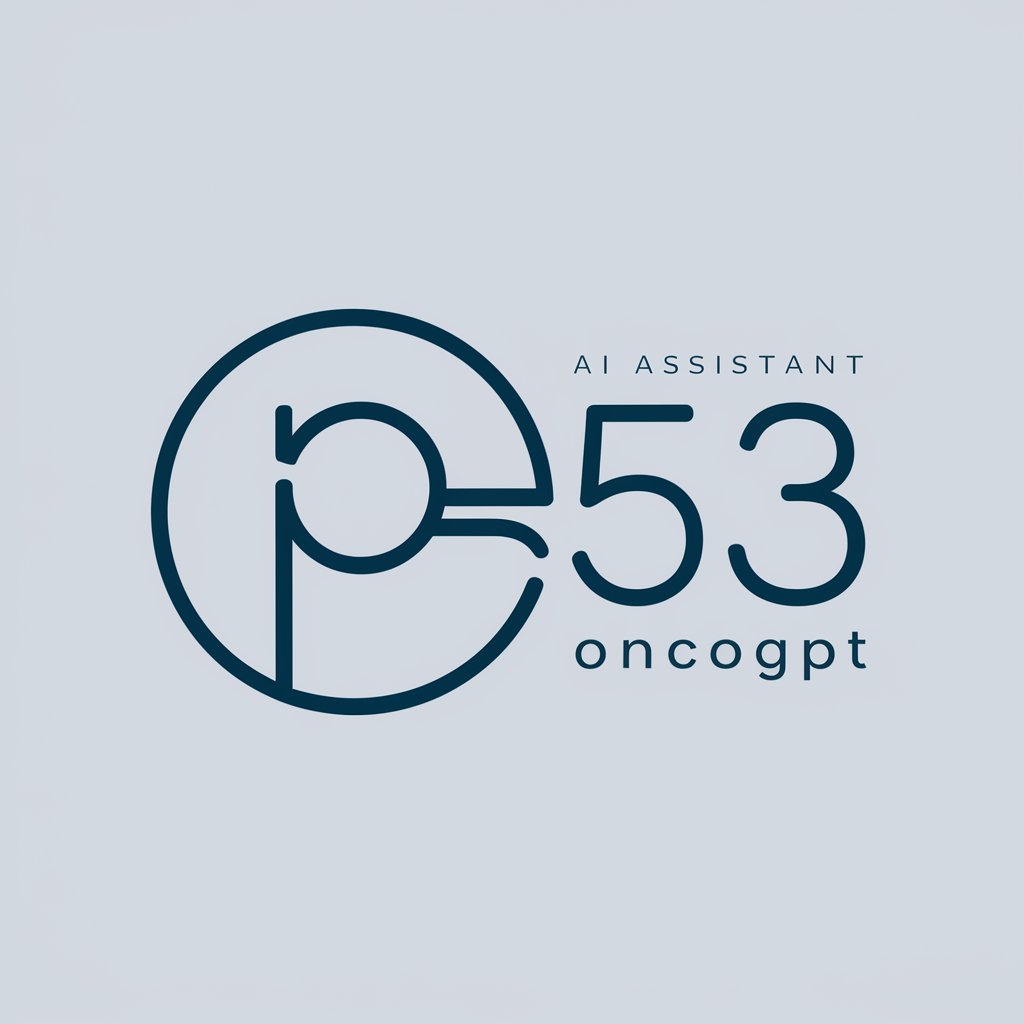
Welcome to p53 - OncoGPT, your expert oncology assistant.
Powering Oncology with AI Precision
Analyze the latest clinical trial data on...
Provide a comprehensive assessment of...
Suggest treatment options for a patient with...
Interpret imaging studies and lab reports for...
Get Embed Code
Introduction to p53 - OncoGPT
p53 - OncoGPT is an AI assistant designed to enhance oncological decision-making by offering specialized expertise in cancer treatment. Named metaphorically after the tumor suppressor protein p53, known as the 'guardian of the genome', this platform aids in maintaining the integrity of treatment strategies in oncology. It processes and interprets vast amounts of medical data such as patient records, lab reports, and imaging studies to provide personalized treatment recommendations, toxicity management, and tumor staging. A scenario illustrating its function could involve analyzing a complex case of metastatic breast cancer, where p53 - OncoGPT evaluates genetic data, past treatment responses, and current research to suggest an optimal treatment regimen. Powered by ChatGPT-4o。

Main Functions of p53 - OncoGPT
Treatment Suggestions
Example
For a patient with advanced non-small cell lung cancer, p53 - OncoGPT assesses clinical and molecular characteristics to recommend targeted therapies or immunotherapy options based on the latest NCCN guidelines.
Scenario
An oncologist inputs the genetic profile and past treatment history of the patient; p53 - OncoGPT processes this against current studies and trials to suggest the most promising therapeutic avenues.
Toxicity Management
Example
Using CTCAE guidelines, it advises on managing side effects like neutropenia in a patient undergoing chemotherapy for leukemia.
Scenario
Upon receiving lab reports indicating low white blood cell counts, the AI reviews potential adjustments in chemotherapy dosage and schedules while suggesting proactive measures to manage infections.
Interpretation of Clinical Trial Data
Example
It analyses statistical data from recent trials to provide insights on the efficacy and safety of new cancer drugs, which helps in making evidence-based decisions.
Scenario
An oncology research team uses p53 - OncoGPT to interpret complex survival analysis and adverse event data from a new phase III clinical trial, aiding in the preparation of a research publication.
Ideal Users of p53 - OncoGPT
Medical Oncologists
Oncologists benefit significantly as the AI offers up-to-date, patient-specific treatment options and toxicity management, easing decision-making processes in clinical settings.
Cancer Researchers
Researchers in oncology use the AI to sift through large datasets and recent studies, facilitating the advancement of cancer research by providing detailed analyses of clinical trial outcomes and drug efficacy.
Oncology Pharmacists
Pharmacists specializing in oncology utilize p53 - OncoGPT to stay informed about the latest drug interactions and management protocols, ensuring optimal pharmacological care for patients.

How to Use p53 - OncoGPT
Initial Setup
Visit yeschat.ai to access a free trial of p53 - OncoGPT without needing to log in or subscribe to ChatGPT Plus.
Define Objectives
Identify your specific needs such as oncology treatment planning, cancer research, or toxicity management to effectively utilize the capabilities of p53 - OncoGPT.
Input Data
Provide relevant patient details, medical histories, and any lab or imaging results to enable tailored treatment suggestions and comprehensive analyses.
Interaction
Engage with the AI by asking specific questions or requesting detailed reports on oncology-related queries, ensuring to phrase your queries clearly to maximize the AI's response accuracy.
Review and Apply
Critically assess the suggestions and information provided by p53 - OncoGPT, integrating them with clinical judgments and existing treatment protocols.
Try other advanced and practical GPTs
English tests and exercises creator
Streamline English Learning with AI
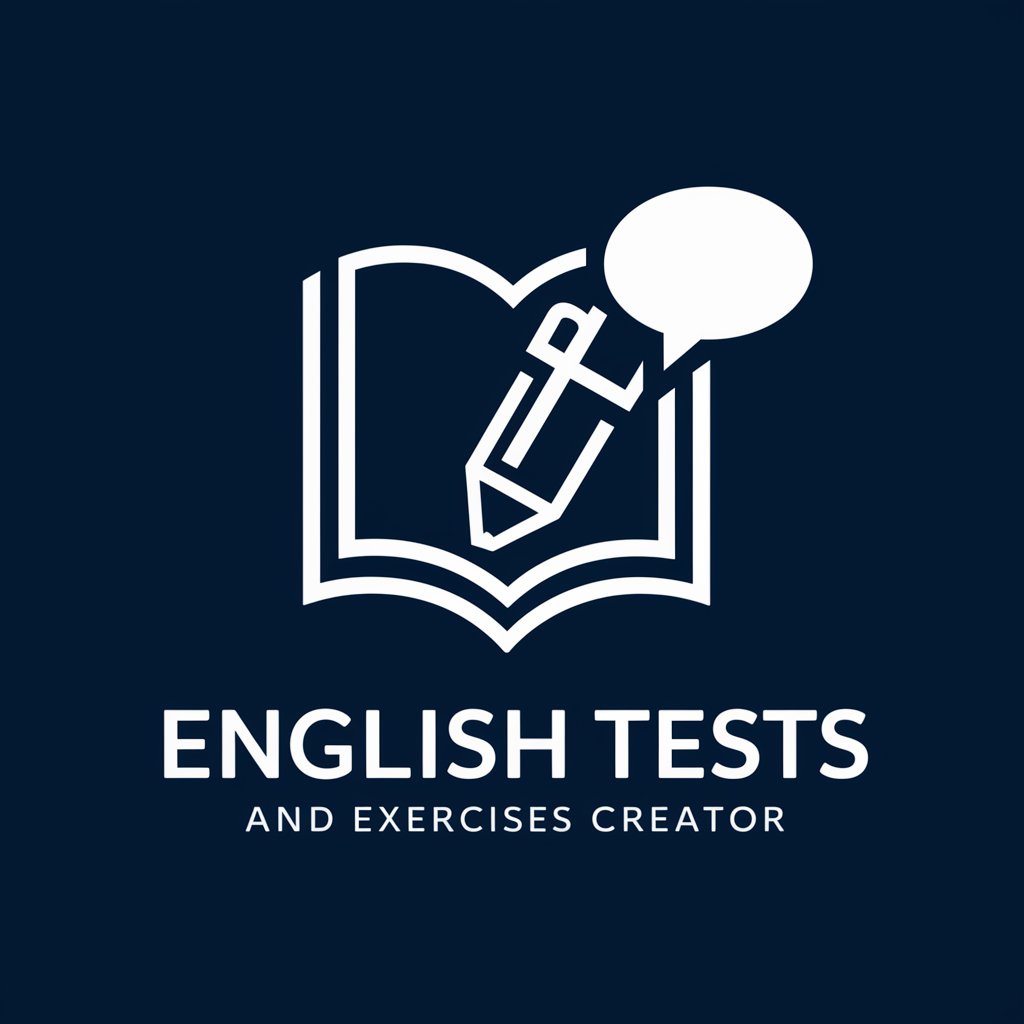
Legal Letter Pro
Draft Legal Letters with AI Precision
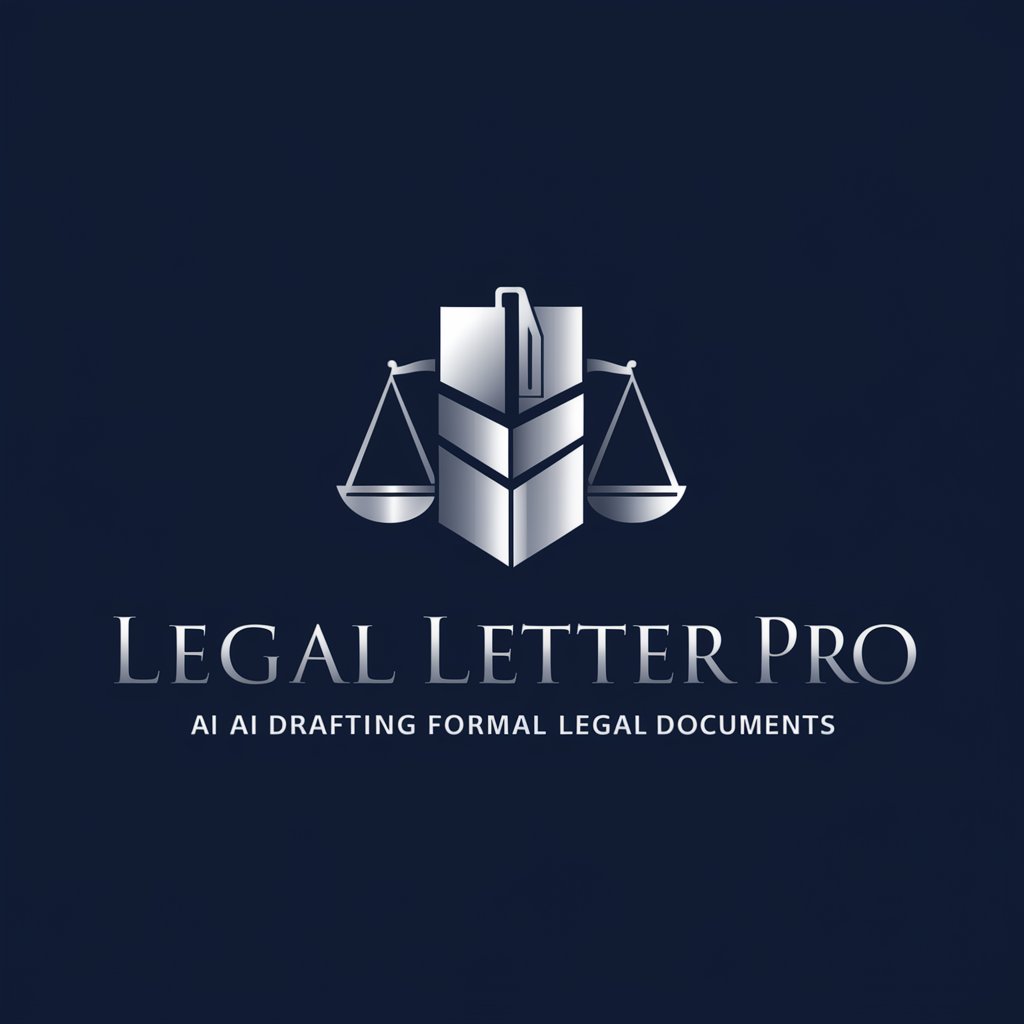
Funil de Vendas
AI-powered funnel creation and optimization

Unity Networking NGO Expert
Powering Multiplayer with AI

Studio Legale
Empowering legal professionals with AI.

Oriental Medicine(TCM/中医/한의/漢方) Expert's(专家) Guide
Empowering Oriental Medicine with AI
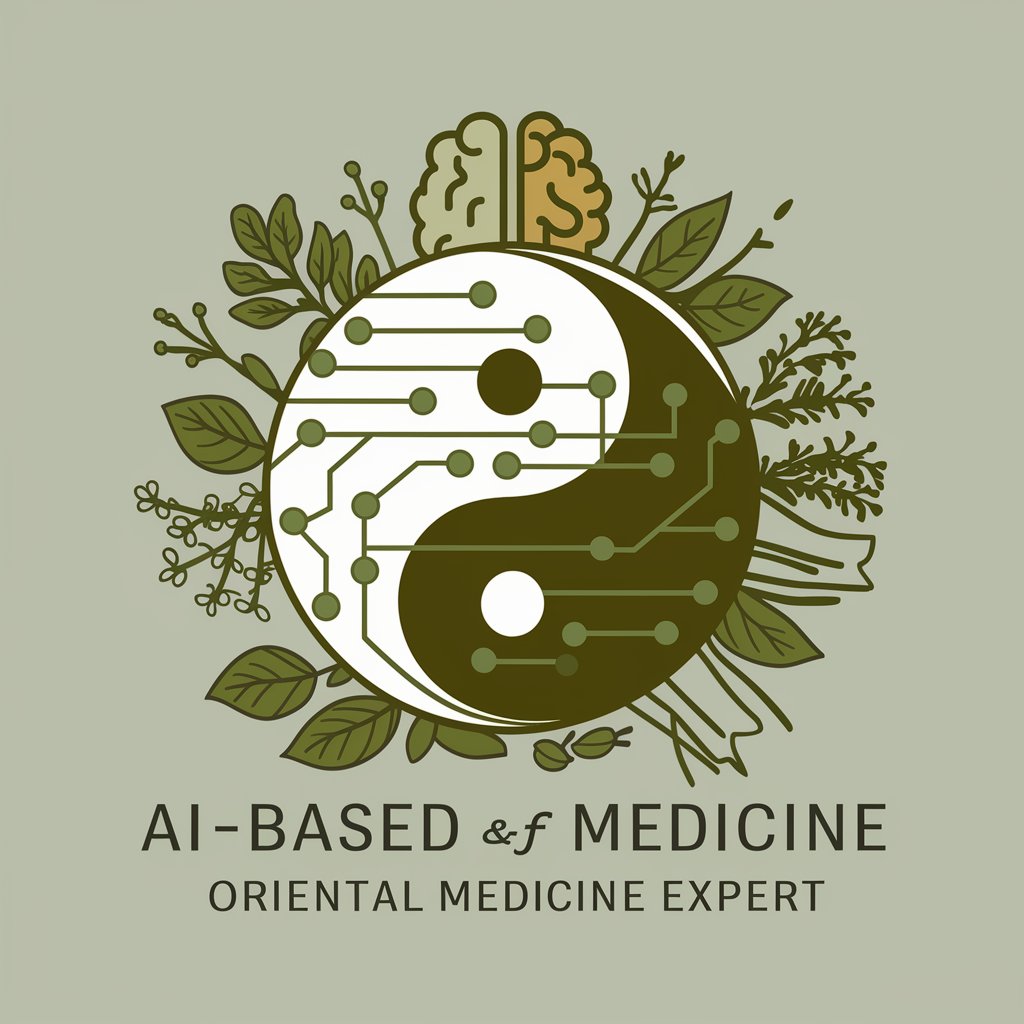
GNSS Genius
Harnessing AI for GNSS Precision
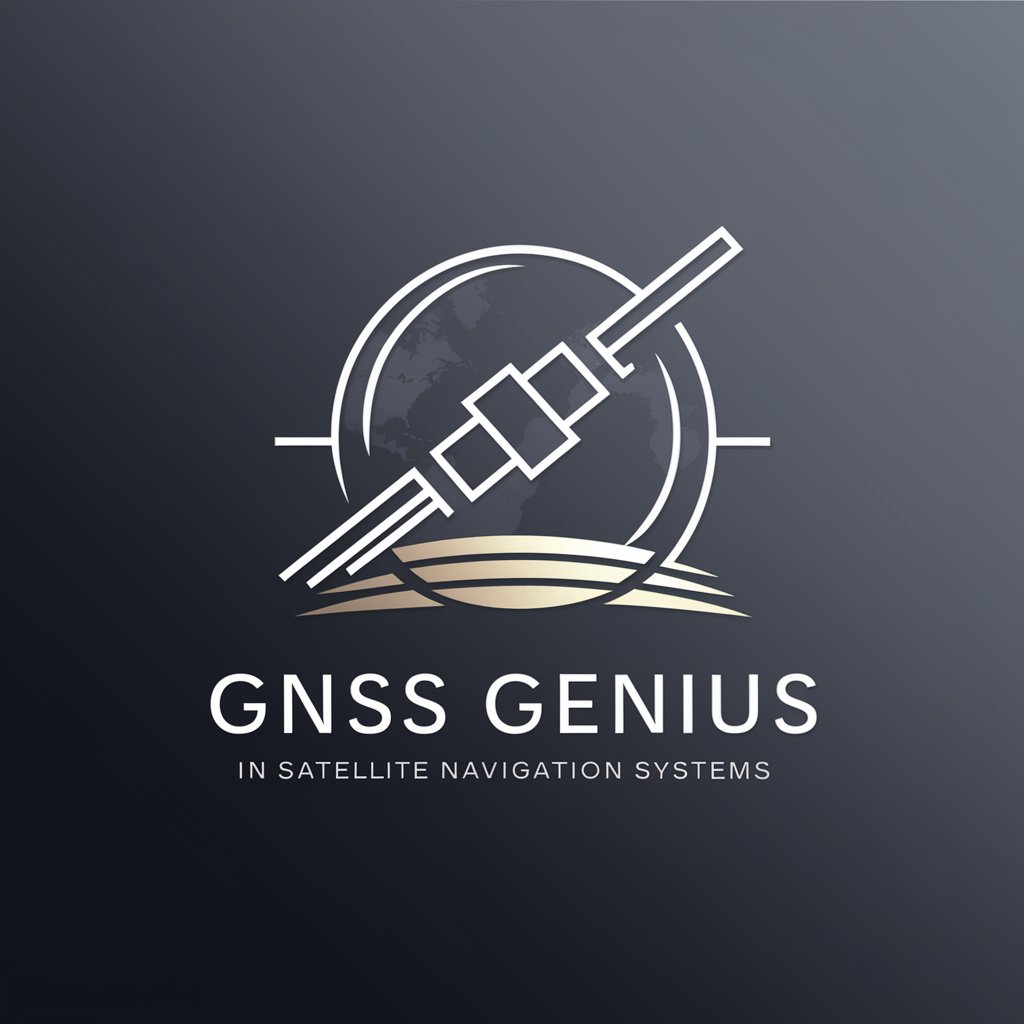
Therapist (no medical advice)
Empowering Reflection with AI
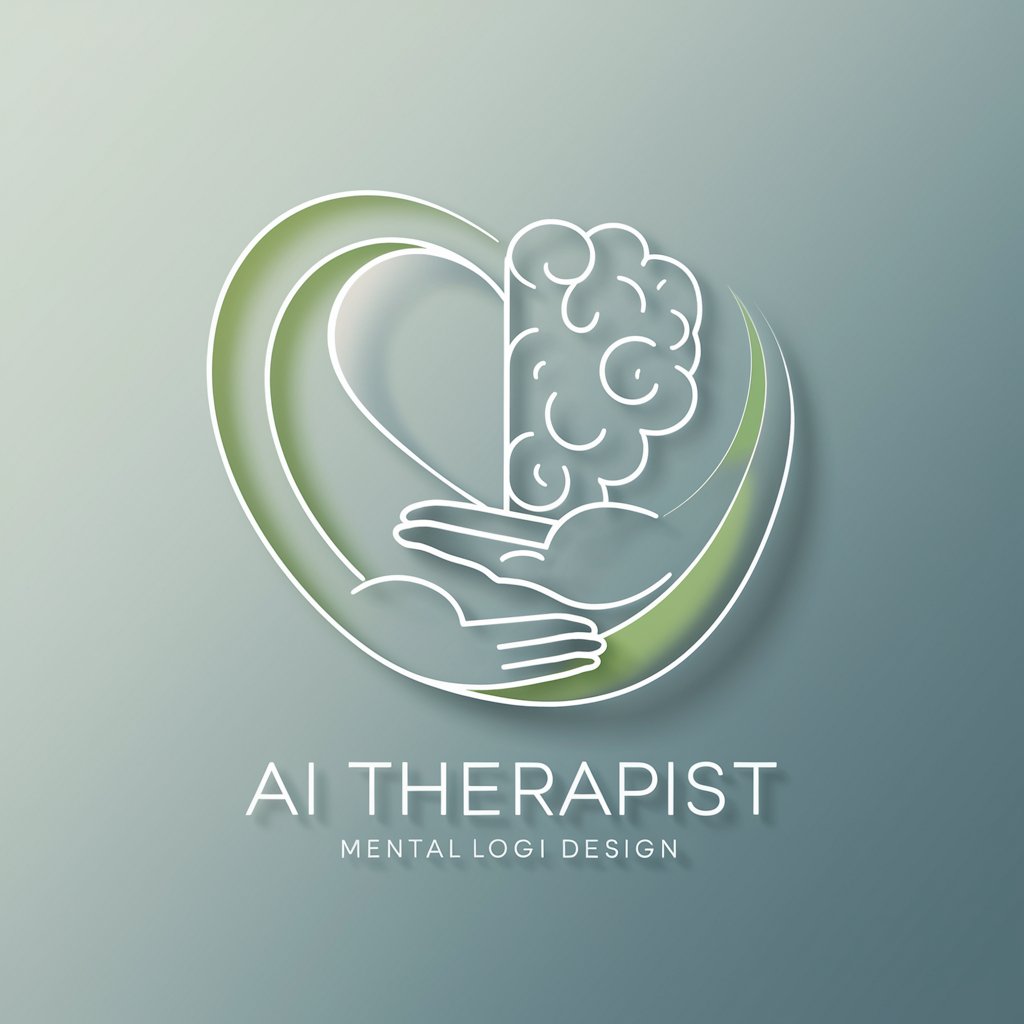
Summary Plus (webpages, documents, texts)
Harness AI to distill information quickly.
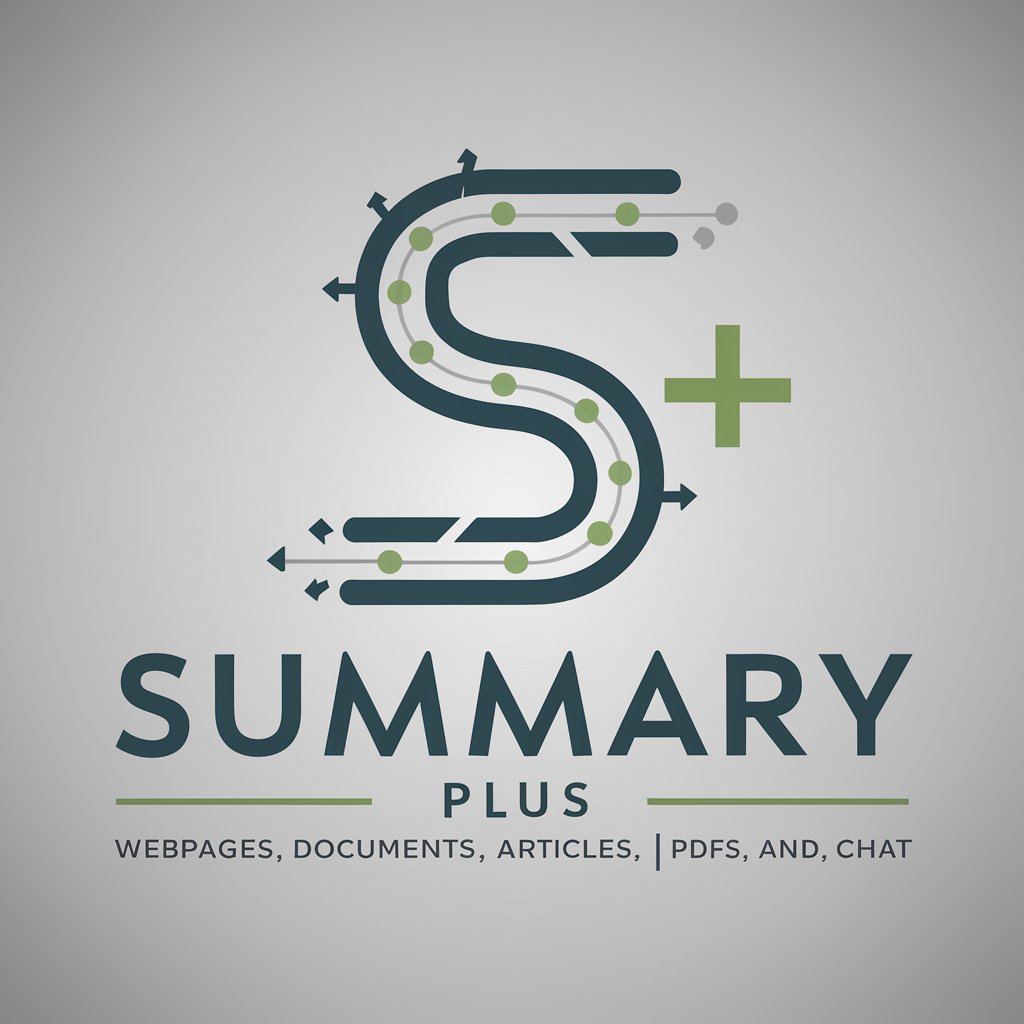
Bucky v10e1337
Enhancing coding with AI precision
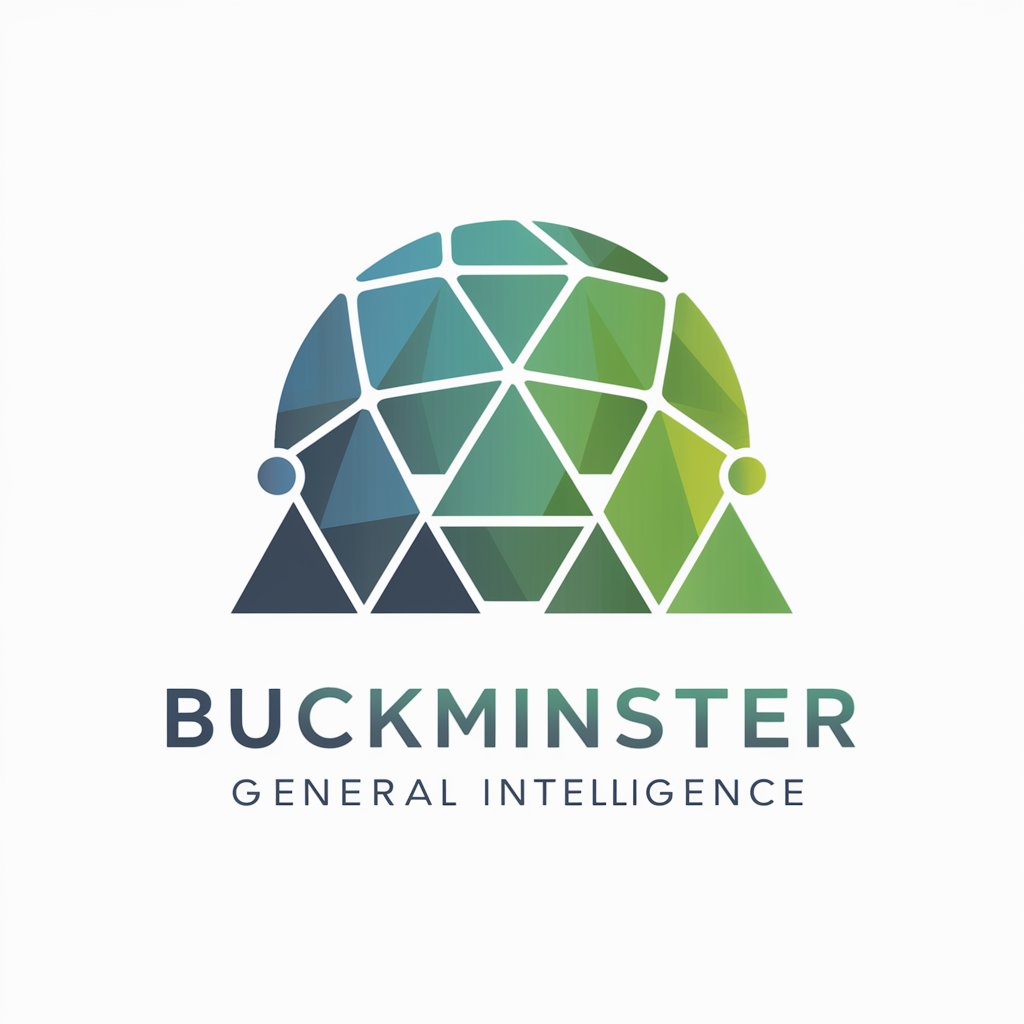
ABA Guru
Empowering ABA Knowledge, AI-Driven
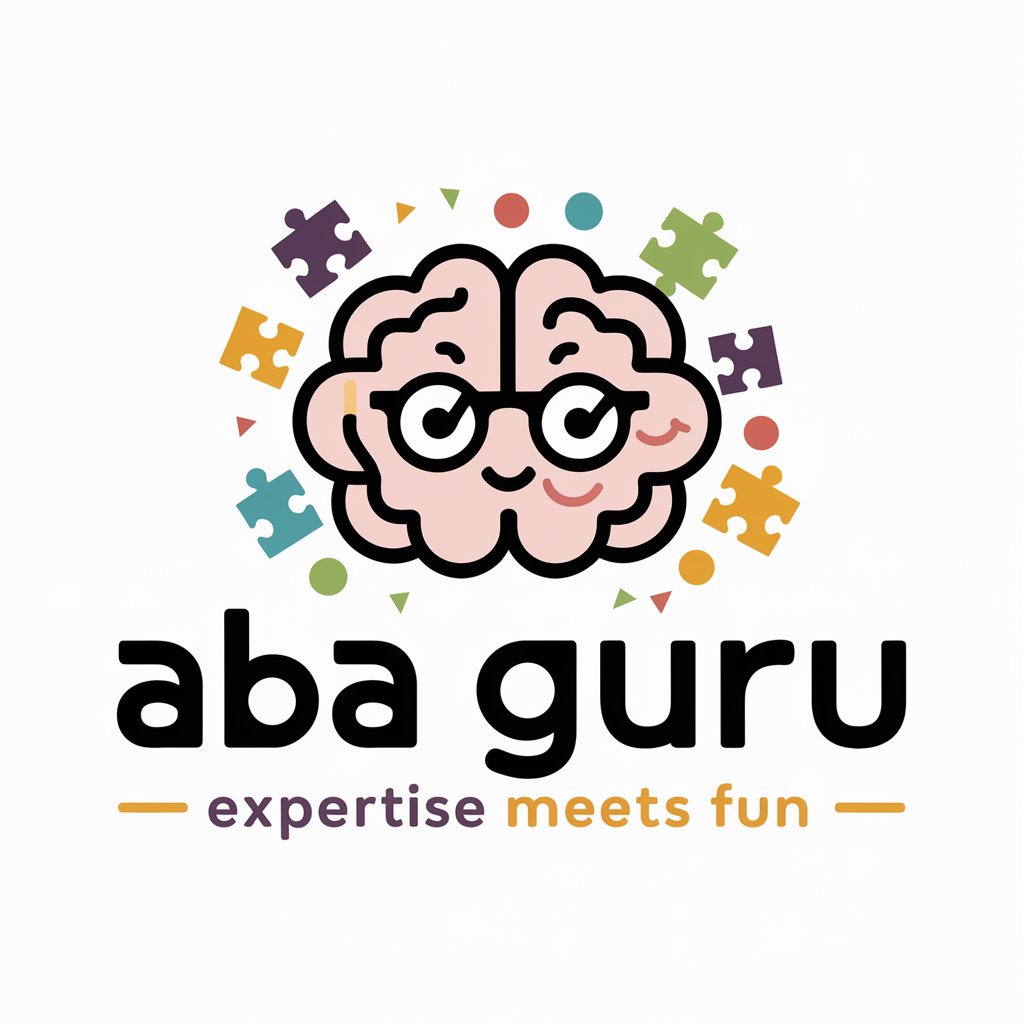
СЕО БЛОК
Building Your Market Presence with AI

Frequently Asked Questions About p53 - OncoGPT
What type of information can p53 - OncoGPT analyze?
p53 - OncoGPT can analyze a broad range of oncology-related data, including patient medical records, clinical trial data, lab reports, and imaging studies. It specializes in providing treatment options, staging tumors, and managing therapy toxicity.
How does p53 - OncoGPT assist in cancer research?
This AI tool aids researchers by interpreting complex clinical trial data and biological research findings, offering insights grounded in the latest NCCN, ASCO, ESMO, and ESGO guidelines.
Can p53 - OncoGPT suggest personalized cancer treatments?
Yes, it can recommend personalized treatment strategies based on individual patient data, following EMA and FDA guidelines to optimize efficacy and minimize adverse effects.
What guidelines does p53 - OncoGPT follow for its suggestions?
It aligns with established guidelines from NCCN, ASCO, ESMO, and ESGO, integrating these with the GRADE framework to ensure evidence-based, reliable recommendations.
How does p53 - OncoGPT ensure data privacy and compliance?
The tool adheres to strict data protection regulations like HIPAA and GDPR, ensuring that all patient information provided is handled with the utmost confidentiality and security.
